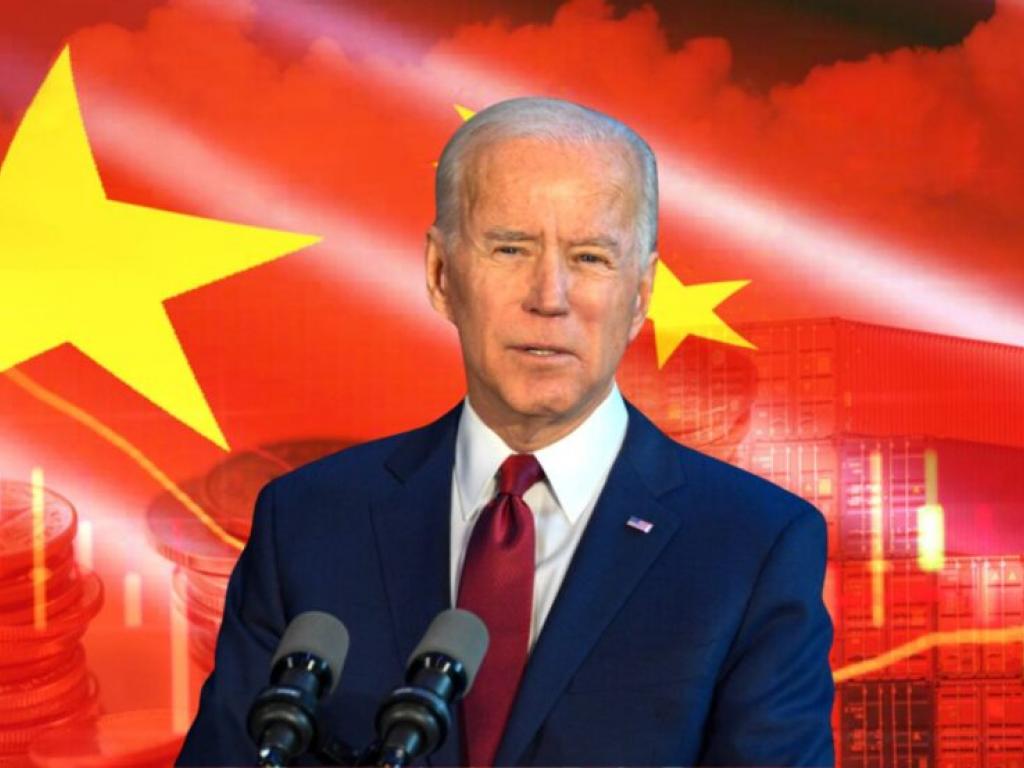Discussing Past and Present US Student Movements
Students at Columbia camped out on campus in support of the Palestinian people and to protest massacres in Gaza by the Israelis. The protests spread from coast to coast, and more than 90 schools responded, including Yale University, Harvard University, the University of Pennsylvania, Princeton University, the University of California, Los Angeles and the University of Southern California. Many universities in Europe also staged protests to support Palestine.
The president of Columbia asked the New York City police to send officers to campus to suppress the protests. Seen on TV broadcasts, the police fired tear gas and rubber bullets at the demonstrators, using clubs to force them to the ground and cuffing them behind their backs before loading them into police vehicles.
The students demanded three things: for Israel to immediately stop the massacres in Gaza, for the schools to disclose the source of their assets and divest from companies that manufacture weapons and support Israel, and for the demonstrators who have been arrested to be released. They did not receive positive responses to any of these demands.
The war between Israel and Hamas has received global condemnation, and within Israel, thousands of people have gathered to protest, demanding that Prime Minister Benjamin Netanyahu cease military operations and negotiate the release of the hostages. To protect his status as prime minister, Netanyahu has chosen to continue the indiscriminate bombing and killing. Because of board members who represent Jewish financial groups on the boards of well-known American universities, motions toward “financial transparency” will be difficult to pass. The presidents of Harvard and the University of Pennsylvania were both forced out by their boards because of statements they made that were sympathetic to Palestinians.
More than 50 years ago, universities across the country protested the Vietnam War, awakening the consciences of millions of Americans. Studying at the University of Pennsylvania at the time, I was there when it happened, and I took part in numerous protests against the Vietnam War. The Moratorium to End the War in Vietnam on Oct. 15, 1969, was unprecedented in scale. Our group, called the Asian Caucus, comprised hundreds of Asian students protesting the Vietnam War and racial discrimination. Crowds gathered in front of the White House, and the sea of people was estimated to be in the millions! Famous supporters of the anti-war movement, including members of Congress, Coretta Scott King and religious and civil rights leaders, spoke in turn.
The singer John Lennon and his wife, Yoko Ono, led the crowd in “Give Peace a Chance.” When the emcee shouted toward the White House, “Nixon, you hear that?”, the mood of the gathering swelled. On the way back, the Asian Caucus got left behind and was rushed by a group of mounted police who had been hiding in a nearby park. The police brandished clubs and beat the protesters, who fell to the ground. The caucus scattered, but many were arrested. After they were interrogated, they paid $10 to be released.
The late Pulitzer Prize winner Stanley Karnow summed up the 1969 End the War in Vietnam protest, saying, “This time, the American middle class expressed a grave, earnest, almost melancholic deep concern …”*
The protests against the Vietnam War moved beyond campus into the realm of other people, educating the vast American middle class. The middle class had the greatest voting power and united its voices to call for an end to the war, resounding to the heavens. Big business groups and those in office were forced to listen. After it was decided to withdraw U.S. forces completely, America’s record of invincibility was broken.
A comparison of the two student movements reveals that in the first, against the Vietnam War, most of the demonstrations were peaceful and both sides were able to calmly talk together. In the current movement, those in power moved swiftly and firmly, arresting thousands of demonstrators on campus. The House of Representatives introduced tough laws, and the majority of both parties voted to pass the Antisemitism Awareness Act. Any views, words or actions that express opposition, hatred or harm to Jews, Israel or the Israeli government violate this act.
In the U.S., big business groups have always ruled the masses. The anti-Vietnam War movement was so big that it almost shook the country. This time, those in power have learned their lesson, forcefully killing the “anti-massacre” student movement before it even left the campus.
The author is a film director.
*Editor’s Note: This quote, though accurately translated, could not be verified.


